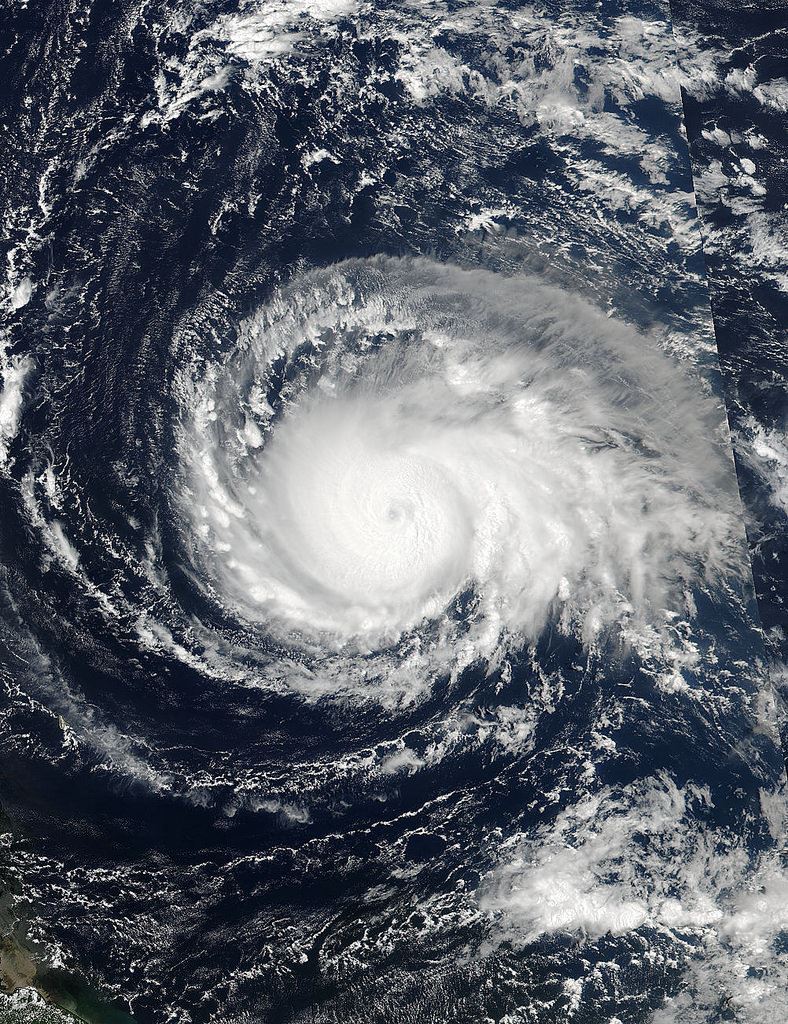School Violence Response ResourcesOur hearts are heavy as we learn of yet another school shooting. As an organization, SCASP wishes to provide our sincere condolences to the school community. We would also like to offer support to school psychologists, teachers, administrators, parents, and students across the state. Incidents like these often lead to feelings of fear, anger, and sadness. These reactions can be particularly strong in children, especially those who may already be facing loss or other trauma in their lives. For this reason, we have provided links to resources from the National Association of School Psychologists (NASP),which may be helpful to you.
In addition, if you would like consultation regarding site-specific crisis response concerns, please know that there are many professionals available to support you. In particular, throughout the state, there are numerous mental health professionals (including school psychologists, school social workers, and school counselors) who have been trained in crisis response via the PREPaRE model. The PREPaRE model has been developed by the National Association of School Psychologists (NASP) as a means of providing evidence-based crisis preparation and response skills to school professionals. If you or your school district would like additional information regarding PREPaRE-trained personnel near you, please contact Dr. Lisa Lipscomb at Lipscomblb@gmail.com. SCASP is proud to be a part of a resilient, strong community of educators and mental health professionals in South Carolina. We stand with you all in this difficult time. Preparing for the Storm Once again, residents of South Carolina and neighboring states are facing the possibility of another frightening weather event. Earlier this week, our governor declared a state of emergency for South Carolina as we prepare for the possibility of Hurricane Florence heading in our direction. With all of you, we are hoping that the storm will remain well off-shore. Given both South Carolina's recent history with weather events over the past three years, we recognize that this can be an anxiety-provoking event. As a service to members and other contacts, we'd like to provide you all with resources that we hope will help you, your colleagues, and your students in the upcoming days and weeks. Please feel free to share with your friends. We intend to periodically update information via email, our website, and social media (Facebook and Twitter). We hope that all of you will remain safe during this time. We know that as a community and as school psychologists, we will find ways to support one another in the days ahead. |
Recovery Resources The following disaster related guides and resources may benefit school psychologists, school administrators, teachers, parents, and the community as Hurricane Irma approaches. For Hurricane Preparation and Recovery
| South Carolina Community Resources South Carolina Emergency Management Division
Disaster Distress Hotline The Disaster Distress Helpline is a national hotline dedicated to providing year-round immediate crisis counseling for people who are experiencing emotional distress related to any natural or human-caused disaster. This toll-free, multilingual, and confidential crisis support service is available to all residents in the United States and its territories. Stress, anxiety, and other depression-like symptoms are common reactions after a disaster. Call 1-800-985-5990 (press 2 for Spanish) or text TalkWithUs to 66746 to connect with a trained crisis counselor. DIAL 2-1-1 or 866-892-9211 to speak with a referral specialist or go to the website. Free, confidential, 24/7, any language. To scroll through resources related to a disaster preparedness and response, please visit their website. NASP shares three tasks for crisis response team after natural disasters:
|
 South Carolina Association ofSchool PsychologistsSupporting learning and mental health of youth in South Carolina |

.jpg)
